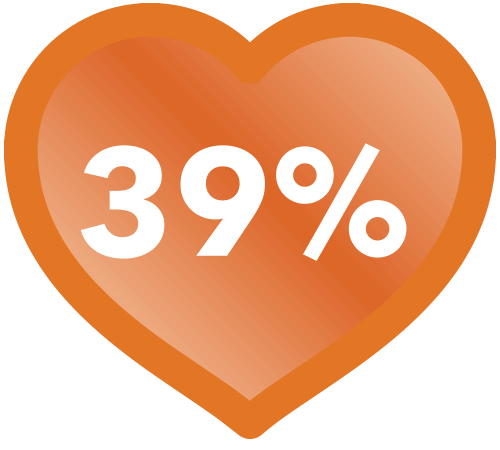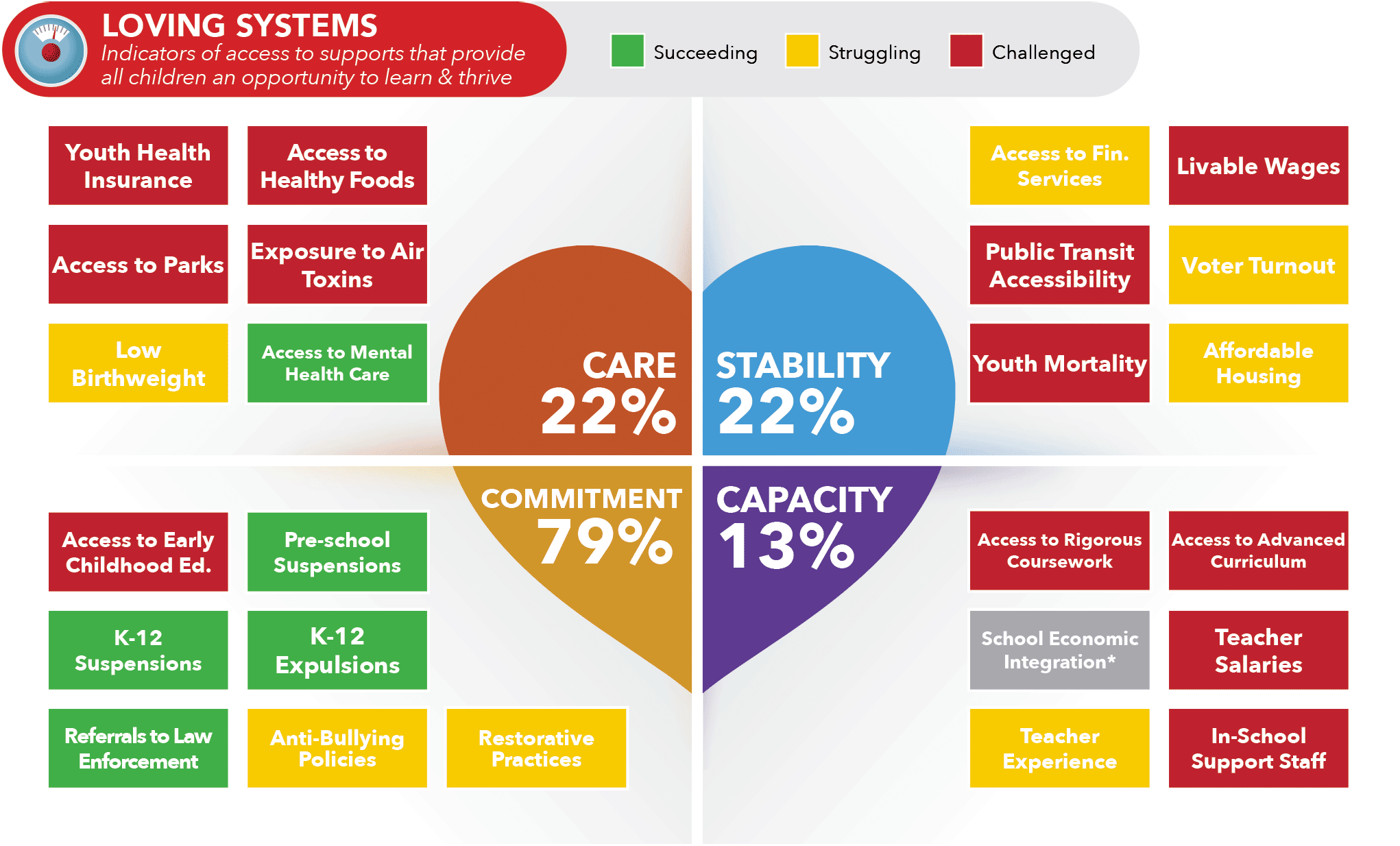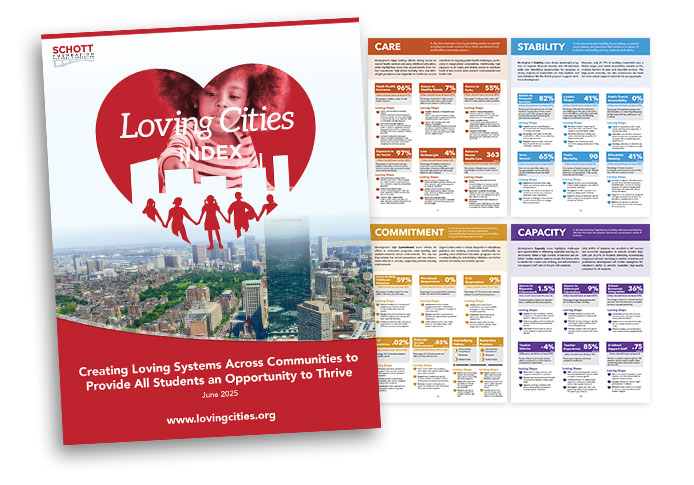Memphis is a city rooted in resilience, cultural pride, and social justice. Known for its legacy in music, civil rights, and innovation, Memphis continues to shape its future by investing in equity-driven solutions across education, health, and economic mobility. With a population of over 618,000, Memphis is the second-largest city in Tennessee and a regional anchor for opportunity in the Mid-South.


of supports measured
Community organizations and city leaders are working to improve access to early learning, mental health supports, and high-quality jobs. While challenges remain, Memphis is leveraging its strengths—including a committed educator workforce and bold reforms in school discipline—to build a more inclusive and thriving city for all residents.
Memphis is taking measurable steps to improve its outcomes in education, workforce readiness, and infant health, while also confronting systemic challenges that limit opportunity for many residents.
Expand to read more
Educationally, Memphis continues to move toward greater student success. The city’s high school graduation rate stands at 80%, below the national average. However, recent gains point to meaningful progress: in 2023–2024, the graduation rate in Memphis-Shelby County Schools (MSCS) rose by 1.9% to 83.4%, marking the highest rate in more than a decade. The district launched the Memphis Virtual Adult High School (MVAHS), with flexible online education for adults who did not complete high school. The program celebrated its first graduating class in 2022, expanding pathways for adult credential attainment.
Currently, 40.8% of adults in Memphis hold an associate degree or higher. Expanding postsecondary access and workforce-aligned programs remains essential to boosting economic mobility.
The city’s youth disconnection rate stands at 9.7%, slightly better than the national average. To re-engage disconnected youth, local organizations like Communities In Schools of Memphis are implementing a 2021–2025 strategic plan focused on educational equity, wraparound supports, and workforce readiness initiatives.
Memphis’ unemployment rate of 4.63% sits just above the national average. While this signals modest economic stability, continued investment in job training and credentialing programs will be key to long-term growth.
Memphis also reports an infant mortality rate of 8.5 deaths per 1,000 live births—substantially above the national average. In response, the Shelby County Health Department leads the Infant Mortality Reduction Initiative (IMRI), which provides prenatal care, maternal education, and community-based support for expectant mothers. Additionally, the MyBaby4Me program provides resources and outreach to reduce infant deaths in high-risk neighborhoods.
Memphis also has a large population of English learners, with 18.2% of students identified as such. This highlights the importance of investing in multilingual education programs and culturally responsive teaching strategies to ensure equitable learning environments.
Memphis’ recent efforts across education and health reflect a deepening commitment to equity. With sustained investment in early learning, maternal care, and youth opportunity, the city is well-positioned to continue improving outcomes for the next generation.
Memphis Indicators

The Community Climate comprises indicators of a city’s current conditions in important areas such as education, economic stability, and public health. While these indicators do not uncover underlying supports or influences in a city, the outcomes provide a picture of a community’s well-being, economic mobility, and equitable opportunities.

*Indicator data unavailable due to universal free lunch program


